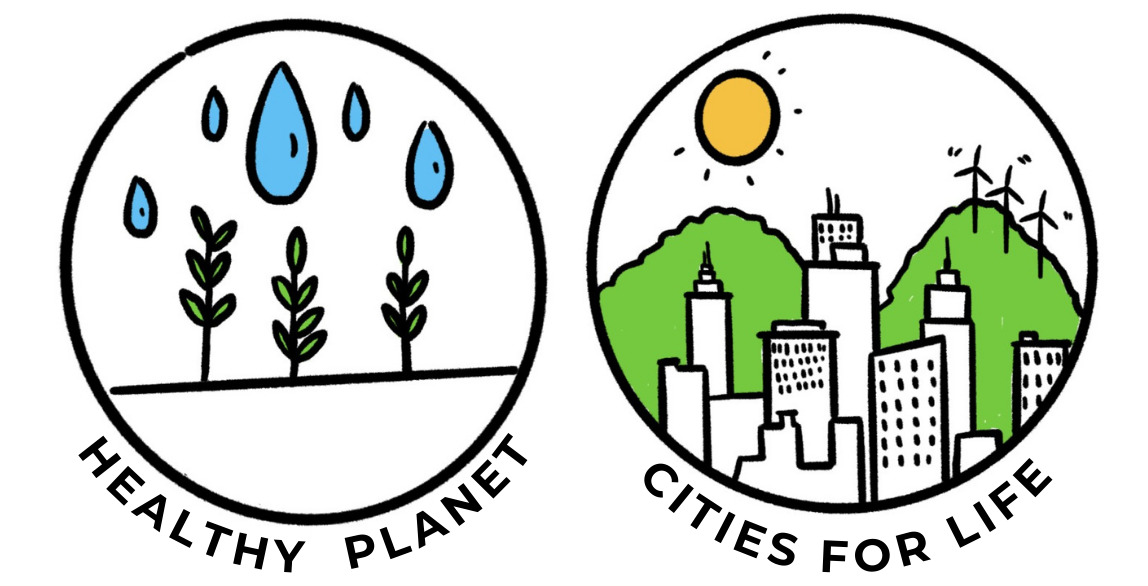On Saturday, the 8th of June, our colleagues from T6 presented the co-design approach behind the IMPETUS Impact Assessment (IA) methodology at the Ecsite Conference 2024. Andrea Ancona and Antonella Passani participated in a session focusing on “Co-development of evaluation: A critical look at its promises and pitfalls”. The T6 team wanted to showcase the modularity, flexibility, and iterative process- from literature review to continuous feedback from Citizen Science Initiatives (CSIs) and experts – behind this IA methodology and how it can help enhance its efficiency and robustness.

The IMPETUS IA methodology was first developed by T6 within the ACTION project, where it was applied to 16 pilots (i.e., early-stage CSIs) following a relevant literature review and rounds of feedback from CS experts. Then, it has been adapted to IMPETUS needs and topics and further refined thanks to the feedback collected from the 34 projects supported during the first round of the IMPETUS Accelerator.
Right now, colleagues from T6 are continuing to fine-tune this methodology, with insights provided by the other project partners, as well as the second cohort of CSIs taking part in this year’s Accelerator programme. We are working closely with them on identifying relevant dimensions and gathering feedback during the so-called “IA clinic”, a weekly check-up where the projects can raise doubts and questions and ask for clarifications surrounding the IA process.
The IMPETUS IA methodology consists of four main peculiarities.
- First, it is modular, so not all the areas and dimensions should be considered relevant for every CSI. Rather, it should be tailored and fine-tuned according to the project’s specific research objectives.
- Second, it is flexible, particularly in the possibility of having both ex-ante and ex-post evaluation tools and materials based on citizens’ availability and the project’s general characteristics.
- Third, each dimension is operationalised through specific indicators and variables that precisely indicate achieving different objectives.
- Finally, it is user-friendly thanks to the development of the IA canvas, a supporting visual tool that helps CSIs identify and prioritise key stakeholders to engage and areas and dimensions to monitor.
The impact analysis of the projects supported during the first round of the Accelerator, along with the analysis of the following two cohorts, will be included in a final deliverable, which will be submitted toward the end of IMPETUS.
During our first IMPETUS Accelerator, we provided support and funding to 34 new and sustaining citizen science projects, which were centered on either Healthy Planet or Cities for Life.
If you would like to learn more about our first cohort of CSIs, you can either view the dashboard below, or check out their project’s profile here!



